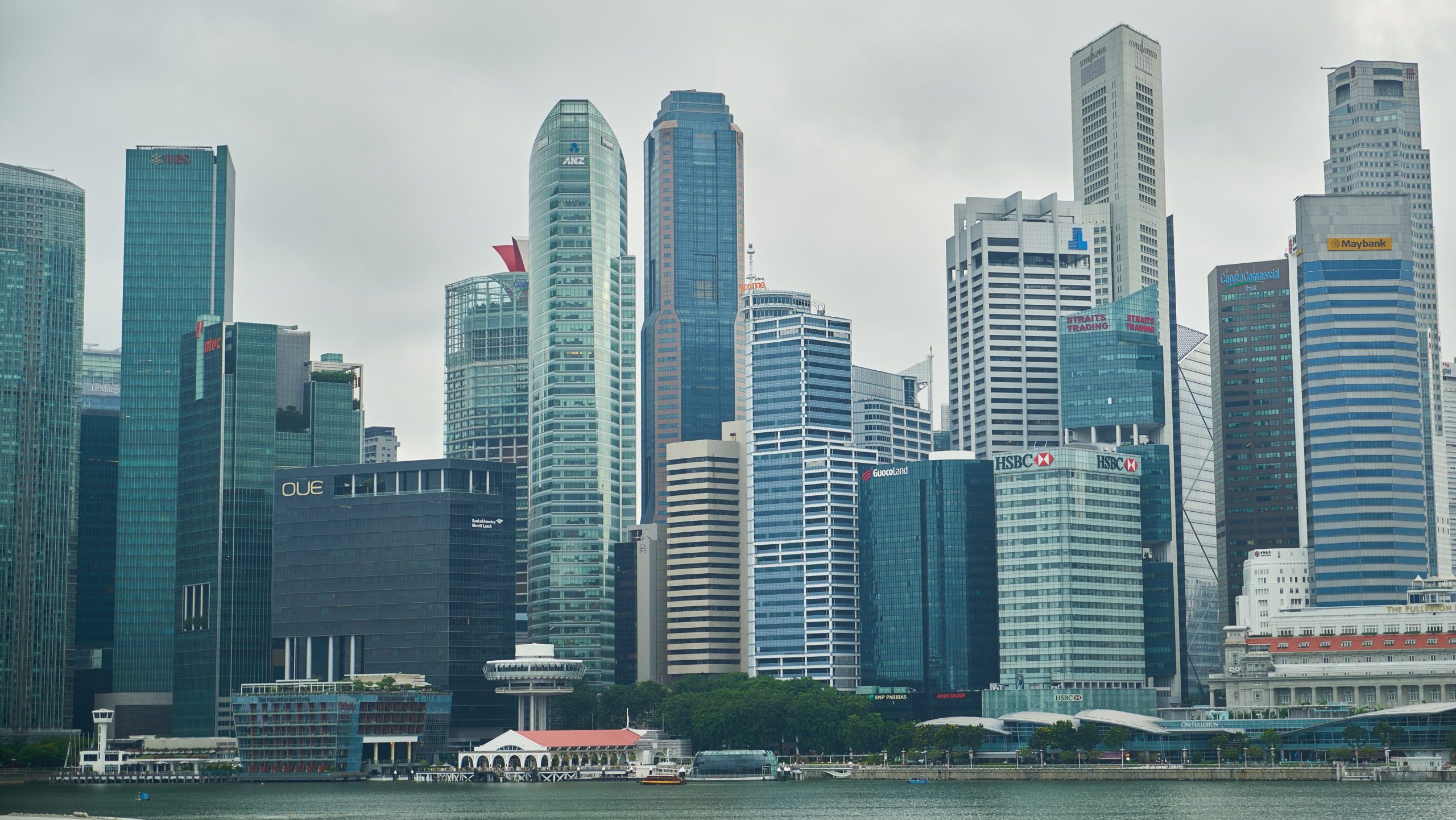SINGAPORE: Singapore steps up in energy efficiency in office buildings, driven by a wave of new technologies that promise substantial savings for owners.
Singapore Business Review mentions Samuel Han, the Head of Energy Sustainability Management at Savills Singapore, shedding light on these advancements and best practices, highlighting the pivotal role of Heating, Ventilation, and Air Conditioning (HVAC) systems.
Han pointed out that HVAC systems gulp down a hefty 50 to 70% of energy bills in buildings. By honing in on these systems for efficiency enhancements, office buildings can slash their energy consumption by 30 to 50%, resulting in substantial cost reductions and a lighter carbon footprint.
Monthly maintenance and the incorporation of Artificial Intelligence (AI) for monitoring were emphasised by Han. “AI assists with fault detection and provides automated solutions, significantly reducing manual labour,” he explained.
Despite challenges in integrating modern energy systems into older buildings, Han stressed that these upgrades offer significant benefits. “Recent energy systems are designed with open protocols, facilitating easy integration with existing infrastructure,” he pointed out.
Older buildings, he noted, stand to gain the most from these upgrades due to their potential for higher energy savings and shorter payback periods.
In addition to technological upgrades, Han recommended that building owners adopt best practices such as closely monitoring Building Management Systems (BMS) and educating tenants on energy conservation.
Han stated, “Awareness and understanding of energy data are crucial for identifying savings opportunities, and tenant education can cultivate a culture of sustainability.”
Recent years have witnessed a surge in specific energy-saving technologies among Singapore office building owners.
According to Han, “The multi-comparison chiller, which operates efficiently under low occupancy levels, and IoT sensors that enhance data collection and analysis, have become increasingly popular.”/TISG
Read also: Kusu Island’s solar energy and water desalination success sets Southern Islands to follow suit

